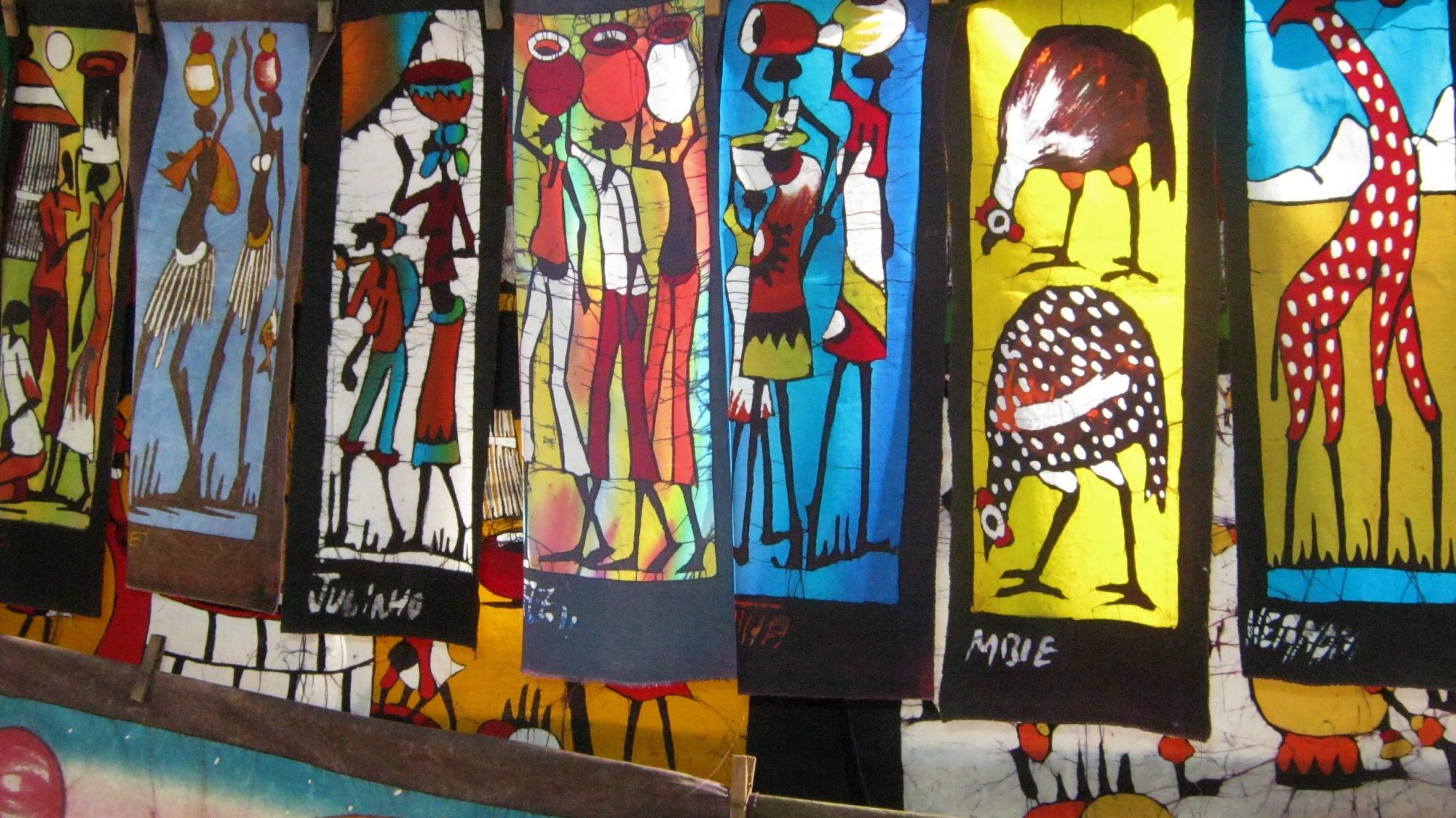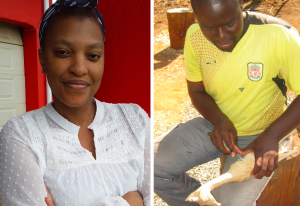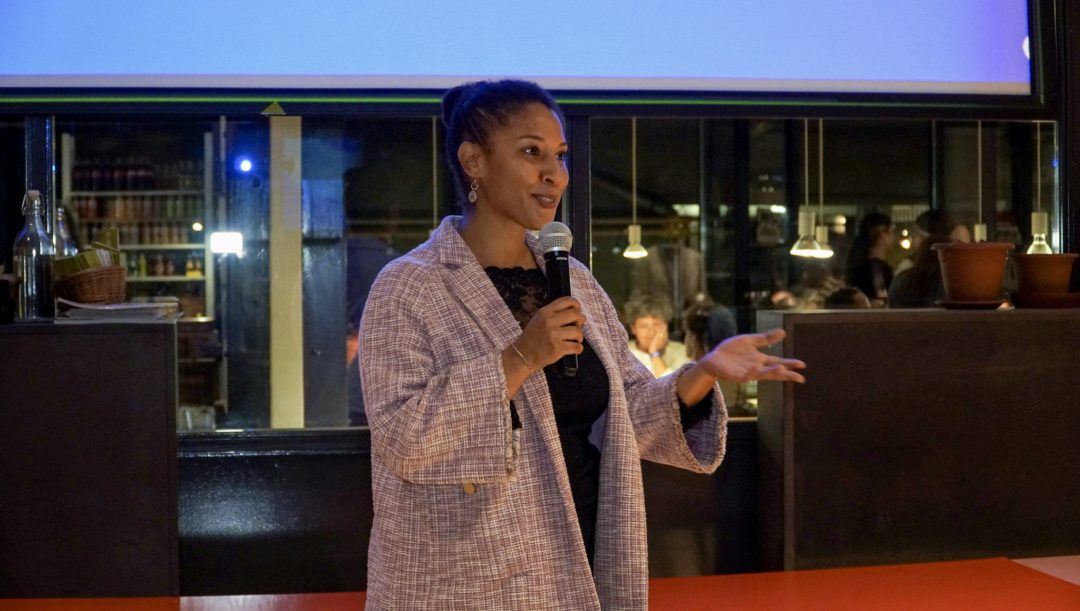Growing up, Setsabile Mkhabela did not envision a career in the Arts. In fact, she never even took an Arts course and felt she had no creative talents. Fast forward to today and Setsabile is supporting artists and creative workers in Swaziland and South Africa through her startup-Showroom. Showroom is a digital marketplace for artists in developing countries to connect with buyers. They also receive support to grow their ventures.
Setsabile shares her story and startup journey as a solo female entrepreneur in this unique sector.
What led you to move from a career in finance to the world of arts?
I started Showroom to connect emerging creatives from developing communities directly to their buyers and creative stakeholders. It’s not enough to just provide this service but I also wanted it to have a direct impact in the communities these artists come from which is why we invest in supporting and creating programs aimed at educating and nurturing young artists across all platforms.
I have no creative talents whatsoever, I never even did Art at school, I am by far the most surprised I made this move. But I think what motivated me to focus on building Showroom was knowing that the work I did made a tangible impact in someone’s life. I saw a huge challenge that many artists have in my country and started wondering how artists from poor communities make their living. And the inequality and lack of access were quite shocking and, in that, I found an opportunity to build a community that could reach everyone and let everyone be part of the solution.
What is the entrepreneurship ecosystem like in Swaziland and South Africa for new entrepreneurs and particularly female solo-entrepreneurs?
Being an entrepreneur is hard work… being a solo entrepreneur is harder. I think the pressures of constantly having to prove yourself, to do more and be more prepared than my fellow counterparts. The first question is always, “Is it just you?” as if I am only worth being taken seriously when I have a partner. As for being a female entrepreneur, I think there’s still lots of room for improvement.
The entrepreneurship ecosystem in both South Africa and Swaziland is growing for new entrepreneurs with several new and exciting programs and initiatives driven by both governments and private companies. With regards to Swaziland, there is still a lot that needs to be done with regards to tech entrepreneurship. I see a lot of smart and ambitious youths pushing the boundaries trying to establish themselves.
Were you able to find the right support from partners, artists, or other key players who shared your mission to showcase emerging talent in developing countries?
The responses on Showroom have been very encouraging with lots of artists getting engaged and giving us feedback on their pressing issues, which has allowed us to modify and focus on the areas which make a difference.
It was a slow process to get all the various partners involved, some dismissed us or saw us as their direct competition or felt we have not grown yet. But we continue to grow, constantly building and networking. Various artists and schools that we’ve reached out to have been super supportive and excited to start using our platform and want to be part of the larger community.
Artists often share they struggle to find support and guidance when embracing an entrepreneurial adventure. How did you navigate both worlds’ specificities?
While I am not an artist by any means, after speaking with quite a lot of artists, and being a first-time entrepreneur myself, their struggles resonate with me. We all want to be taken seriously in our craft, to put forth the best product we can, and have a passion for our career paths. I believe reaching out and being honest about my drawbacks have helped me know I need to improve and look for guidance. That’s why I have designed Showroom to offer that type of guidance for emerging artists by offering artistic education; from the different techniques, to knowing how to be a commercially viable artist and what is going on in the art scene. I believe the best way to combat frustrations associated with starting something new is engaging in your field as much as possible.
What is next for Showroom?
World Domination! But on a serious note, we want to build the best platform possible for our artists, buyers, and greater art community. We also want to see the implementation of some of our programs in lower-income schools and get more youngsters excited about art.
Any advice for young early-stage entrepreneurs?
Do your research!! I have learned a lot from getting out there and speaking to different people and truly learning the ins and out before presenting to anyone. Also, get used to hearing the word NO! it will become your best friend.
“Keep on Keeping on” – Lindiwe Christie
Like Setsabile, do you have a great idea to change your community? We will love to support you on this journey. Here’s how we can help





